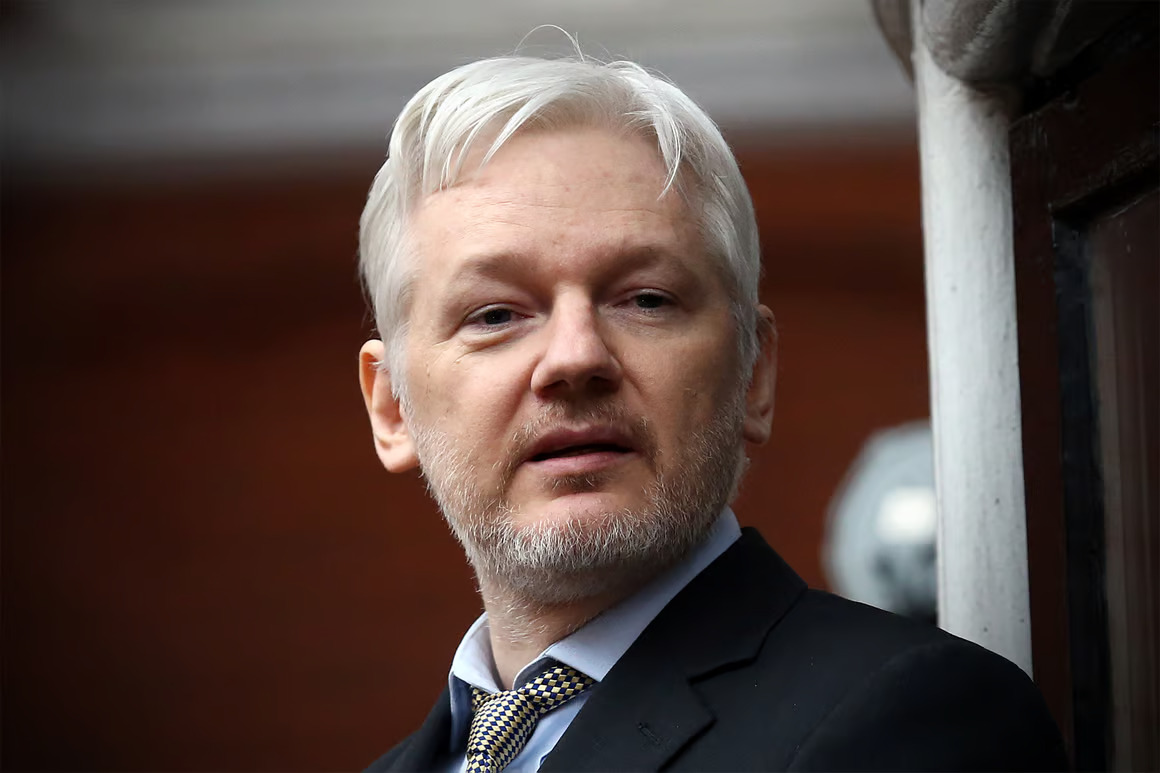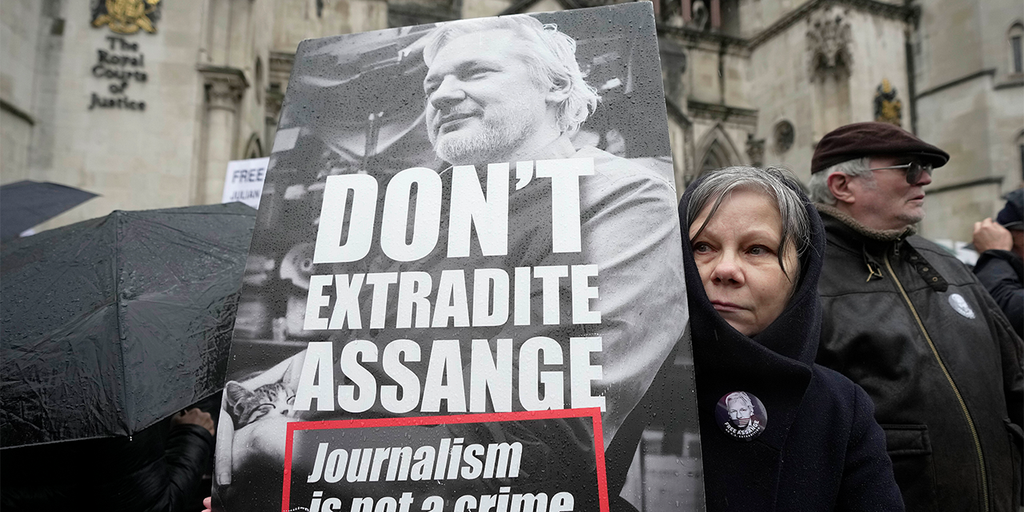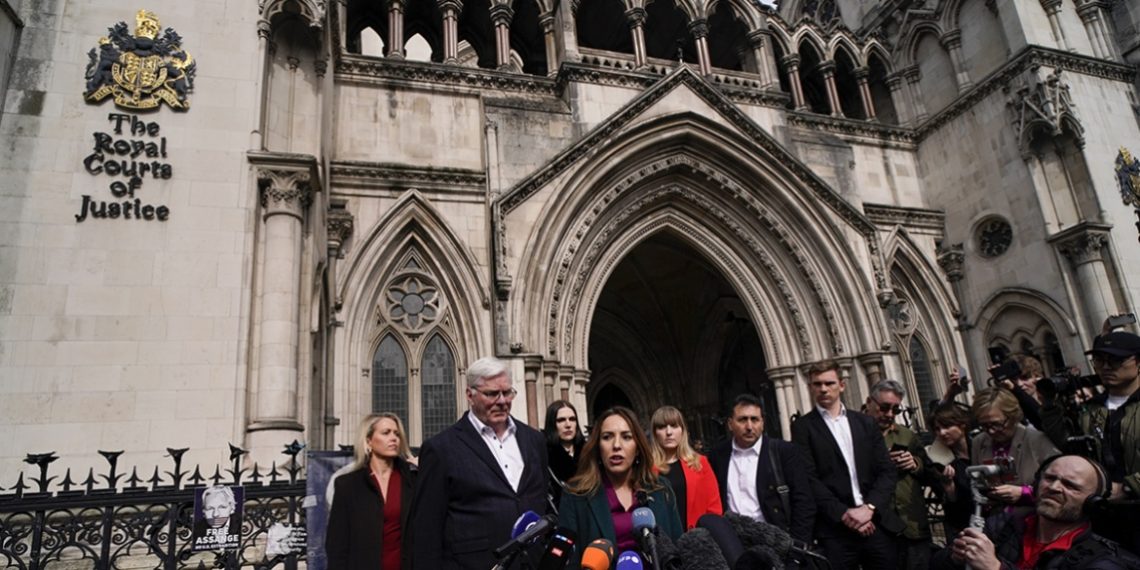The extradition of WikiLeaks founder Julian Assange to the United States has been temporarily halted by the UK High Court, pending assurances from US authorities that he won’t face the death penalty.
Facing 18 counts, mostly under the Espionage Act, Assange’s legal team launched a final appeal after Britain approved his extradition last year.
The court’s provisional decision allows Assange to pursue a full appeal if the US fails to provide satisfactory assurances regarding potential death penalty charges and his right to free speech as a non-US national.

The judges set a deadline of April 16 for these assurances to be provided, failing which Assange will be granted permission to appeal.
While rejecting claims of political motivation or unfair trial prospects, the court acknowledged concerns over Assange’s potential exposure to the death penalty.
They referenced former President Donald Trump‘s past remarks suggesting support for capital punishment related to WikiLeaks activities.
Assange’s supporters have long argued that he is being targeted for journalistic activities that exposed US government wrongdoing.
However, US authorities maintain that he is being prosecuted for his role in unlawfully obtaining classified materials with former US Army intelligence analyst Chelsea Manning.

Assange’s legal battles have spanned more than 13 years, including seven years spent in the Ecuadorian Embassy in London to avoid extradition and the last five in a UK maximum security prison.
Concerns have been raised about his deteriorating physical and mental health, with his brother describing it as rapidly declining.
Despite the court’s decision, uncertainty looms over Assange’s fate, with his extradition case likely to continue. Should the High Court ultimately uphold the decision, Assange may seek recourse through an appeal to the European Court of Human Rights.





